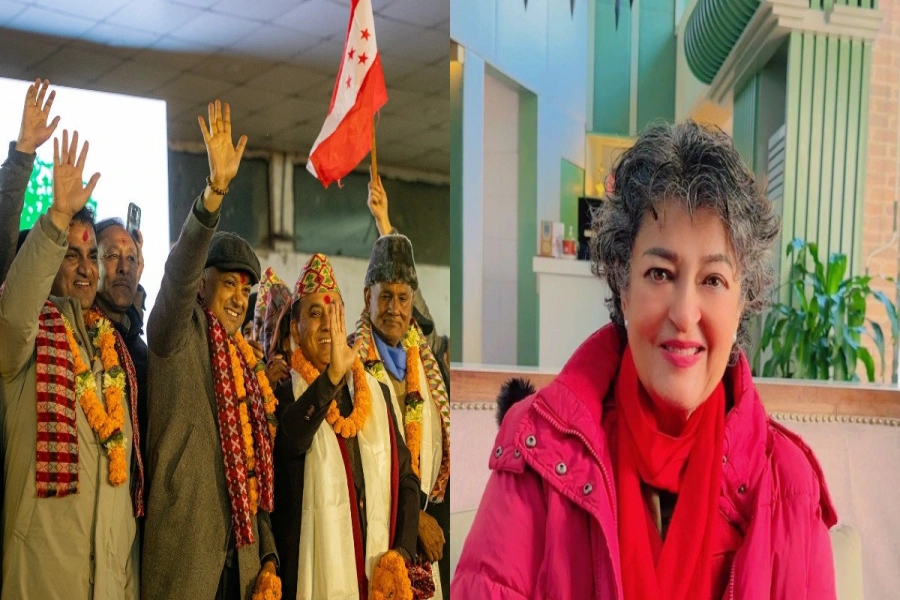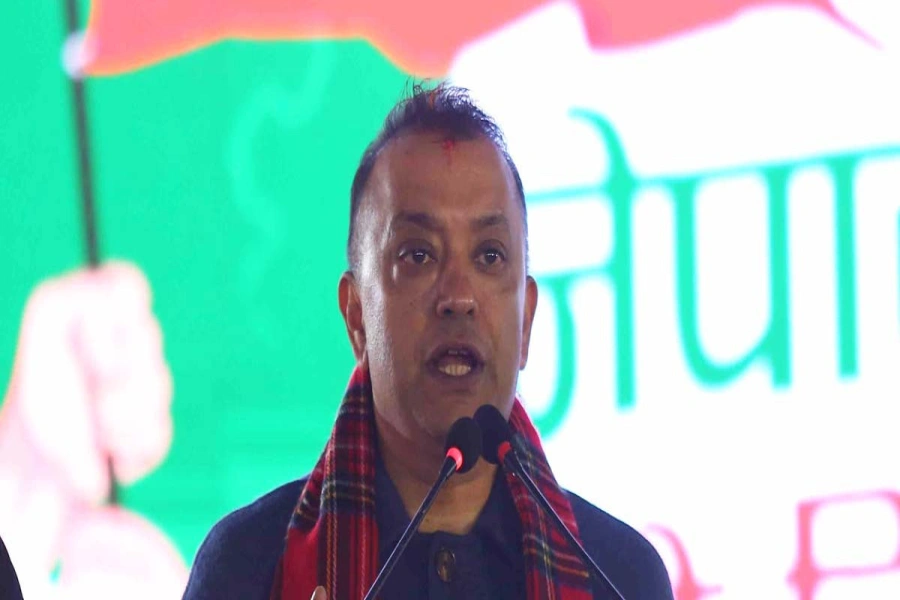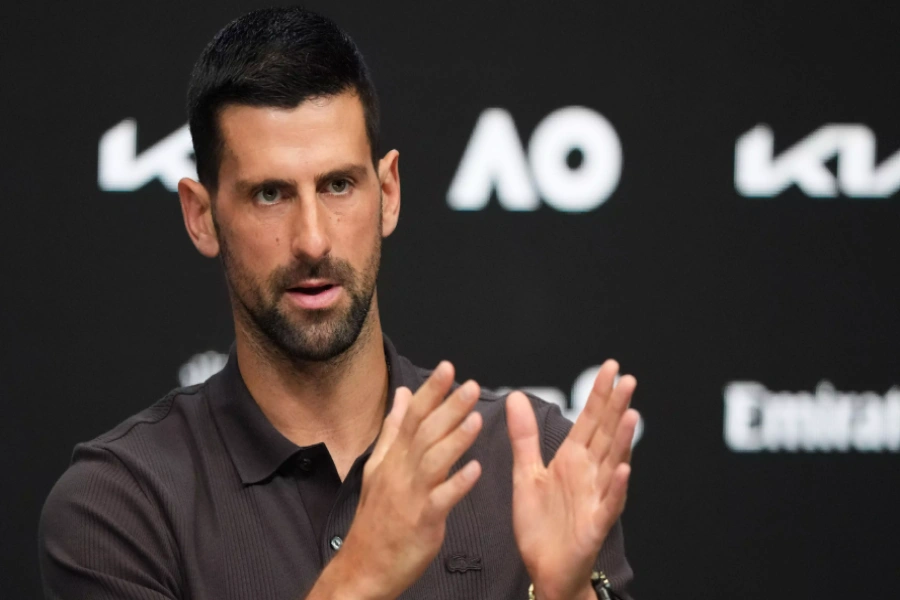I don’t blame you. You’re not aware that English has many forms, depending on the country. It’s the third most common language in the world, after Mandarin Chinese and Spanish. A majority of people in Great Britain, the USA, Canada, South Africa, Australia, New Zealand and several Pacific islands speak English as their first language. Various parts of Africa, Asia, the European Union, many Commonwealth countries, and the United Nations as well as many world organizations use English as their official language. Making English the most widely used, it’s a major language in the world.[break]
Now you’re thinking, ‘Wow! How did English language become this big?’
To find out, let’s explore the history of the English language just a bit. I know you’re thinking, ‘Oh no. History? Not again!’ Now, don’t make faces. I promise you, this one will be interesting.
English originated from the fusion of Old English dialects and was brought to the eastern coast of Great Britain by Germanic settlers called Anglo-Saxons around the 5th century. The word ‘English’ itself is derived from the name of the Angles (Latin Anglia) in the post-Roman period.
You’ll be surprised to know that English is the mother tongue of the British Isles and they called it ‘the King’s English.’
I can see a few curious faces wanting to know the story behind English being the major language of the world. So here we go.
During the 18th and 19th centuries, the British were great explorers and colonizers. Wherever they went, they took their ‘King’s English’ with them, thus spreading its usage.
The Americans also played a role, since the mid-20th century, to help propagate English around the world.
Though English is spoken all over the world, not all pronounce and spell the words the way the British do. This is true of American English too.
Now you’re thinking, ‘What’s the difference between British and American English?’ Right?
In an effort to make American English different, Noah Webster introduced some subtle changes to the language, and made it ‘special.’ By the time Noah graduated from Yale University in 1778, the American Revolution had already started. He joined George Washington’s army to fight against the British. The political independence of America did not satisfy Webster. He wanted America to be independent from the shadow of the British, intellectually, too. That is, replace ‘the King’s English’ with ‘American English.’
In 1783, Webster published The American Spelling Book, which became famous as ‘the blue-backed speller.’ It was used widely by schoolchildren in the US during that time. Webster also compiled the first American dictionary, known as Webster’s Dictionary.
In this dictionary, Webster had made many changes in an effort to make American English different from British English. Most changes related to spelling of words like ‘centre,’ ‘theatre’ that became ‘center’ and ‘theater’ and also left ‘u’ out from words like ‘colour,’ ‘flavour,’ ‘honour’ to make them ‘color,’ ‘favor,’ ‘honor’ while the British still spell with ‘u’ in them.
While Webster had these ideas, his friend Benjamin Franklin wanted to drop all the silent letters from words as well as change the spellings of many words. Had Franklin written a dictionary instead of Webster, the Americans would be spelling ‘give’ as ‘giv,’ ‘wrong’ as ‘rong,’ ‘knot’ as ‘not.’ Franklin really wanted to give Americans their mother tongue but he would have spelled it as ‘tong.’
So the next time you’re writing something in English, choose one form of English, though both forms are correct. It’s just a matter of choice; some like the British way and some the American. The only thing you have to keep in mind is to stick to one form and not mix both. Now that isn’t difficult, is it?
Pokharel is an educationist, consultant and author of several children’s books.
DoC strengthens revenue leakage control, immediate action to be...






































